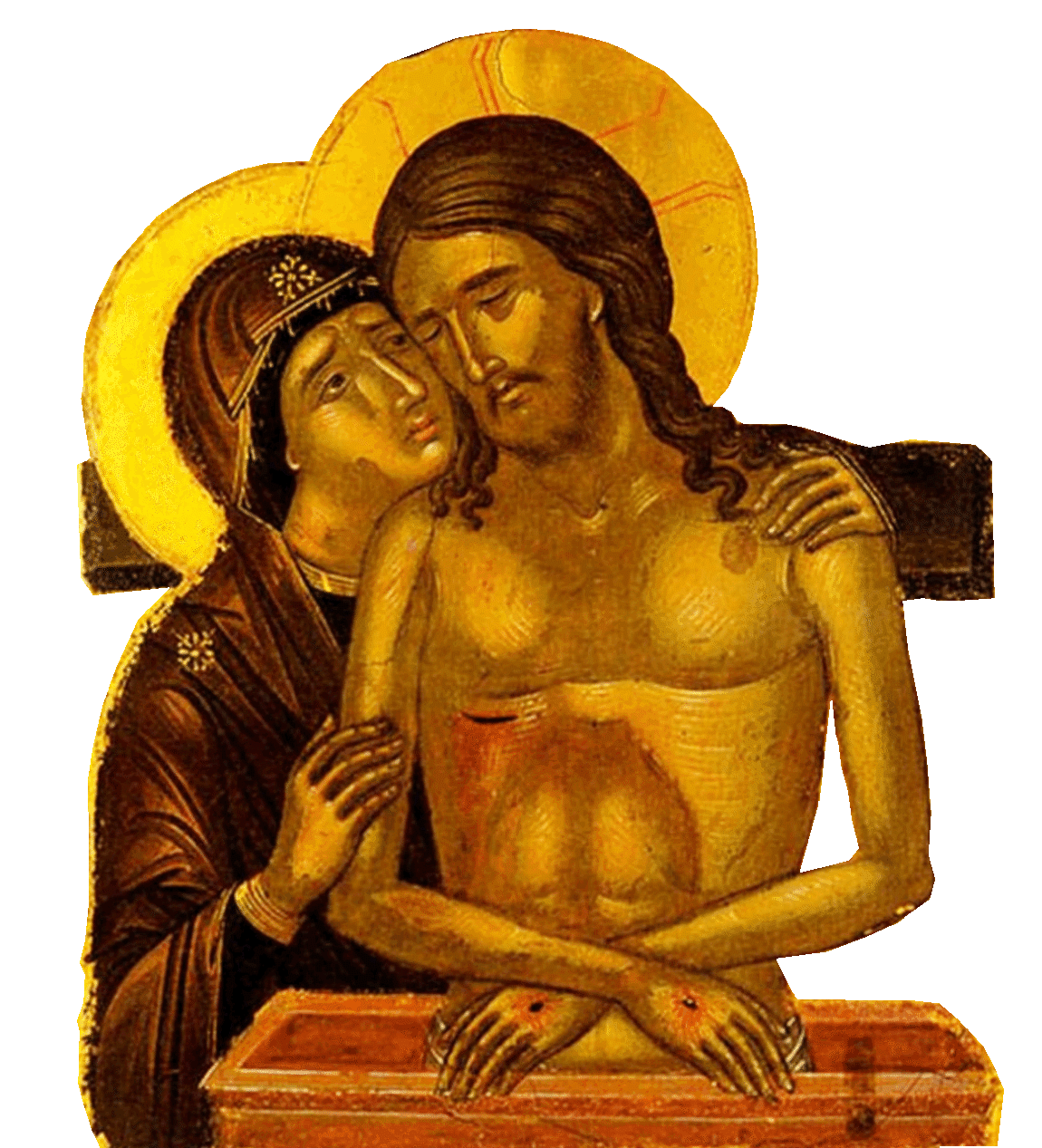Private Revelations
- Daniel Blanchette

- Aug 25, 2024
- 3 min read
The role of private revelations is not to ‘complete’ Christ’s definitive revelation but to help live more fully by it in a certain period of history.
Pope Benedict XVI, in his Apostolic Exhortation Verbum Domini, summarizes the essential criterion needed to discern private revelations:
Consequently, the Synod pointed to the need to “help the faithful to distinguish the word of God from private revelations” whose role “is not to ‘complete’ Christ’s definitive revelation, but to help live more fully by it in a certain period of history”… If it leads us away from him, then it certainly does not come from the Holy Spirit, who guides us more deeply into the Gospel, and not away from it. Private revelation is an aid to this faith, and it demonstrates its credibility precisely because it refers back to the one public revelation… A private revelation can introduce new emphases, give rise to new forms of piety, or deepen older ones. It can have a certain prophetic character (cf. 1 Th 5:19-21) and can be a valuable aid for better understanding and living the Gospel at a certain time; consequently, it should not be treated lightly. It is a help which is proffered, but its use is not obligatory. In any event, it must be a matter of nourishing faith, hope, and love, which are, for everyone, the permanent path of salvation.[1]
Silence: The Embrace of Love Between a Soul and God is a work led by the Holy Spirit to draw us into an “ever deeper understanding” of Love, the mystery of the Cross, and suffering. The Spirit guides us through the journey of holy silence into the depth of our hearts to die to self, live in His holy Will, become one with Jesus crucified, and enter the Heart of the Father––an interior journey into the embrace of the Holy Trinity.
The notable gift contained in the private revelations in this silence manual and the Simple Path to Union with God is that they “help us live more fully Christ’s definitive revelation” of the mystery of the Cross in this “period of history.” St. John Paul II wrote in Evangelium Vitae about the conflicts we are living in these times. He said, “We are facing an enormous and dramatic clash between good and evil, death and life, the ‘culture of death’ and the ‘culture of life.’”[2] The Holy Spirit, through John Paul II, called the Church back to its center, the Cross. He wrote, “The glory of the Cross is not overcome by this darkness; rather, it shines forth ever more radiantly and brightly and is revealed as the center, meaning and goal of all history and of every human life.”[3]
Jesus “attains on the Cross the heights of love… In this way, Jesus proclaims that life finds its center, its meaning, and its fulfillment when it is given up.”[4] We, too, are called by God to become a total gift of self, back to the Father, through the Son, consumed by the Holy Spirit, in the cloister of Mary’s Heart. This is the work of the Spirit through this silence manual–– to bring us back to the center, the Cross, by guiding us to become one with the Crucified and thus transform us in Love.
[1] Benedict XVI, Apostolic Exhortation Verbum Domini, (2010), 14.
The Catechism teaches regarding private revelations
Throughout the ages, there have been so-called ‘private’ revelations, some of which have been recognized by the authority of the Church. They do not belong, however, to the deposit of faith. It is not their role to improve or complete Christ’s definitive Revelation, but to help live more fully by it in a certain period of history. Guided by the Magisterium of the Church, the sensus fidelium (sense of the faithful) knows how to discern and welcome in these revelations whatever constitutes an authentic call of Christ or his saints to the Church.[1]
The purpose of The Path to Union with God is precisely this: “to help live more fully” the revelation of Christ in the heart of the Church in our times.
God continues to speak through humble men and women to awaken us to the love He Revealed at the Cross. The importance of these messages is greater in times like ours when those living the faith are subject to great trials.
St Paul teaches us to be open to the Spirit and, at the same time, to be careful not to be fooled, “Do not quench the Spirit, do not despise prophesying, but test everything; hold fast to what is good, abstain from every form of evil” (1Th 5:19-22).
[1] Catechism of the Catholic Church, n.67.

